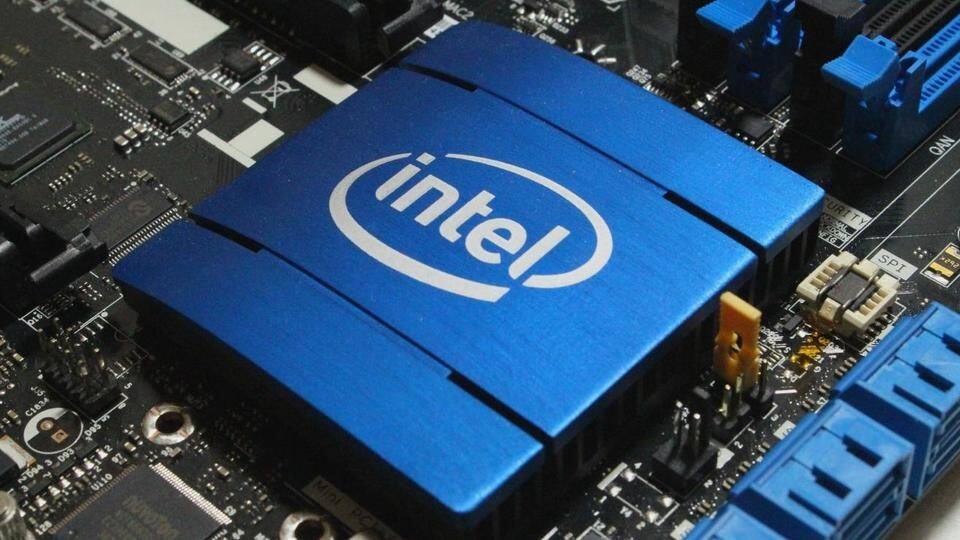
Intel chips not secure: Major flaw revealed in their design
What's the story
Intel chips have reportedly been identified with a "serious flaw" in design concerning cyber security. This potentially means that the hacker could view secure information such as passwords, meant to be securely stored in these chips. This flaw is estimated to be present in millions of systems across the world which are based on Intel's chips. Intel claims to be working on a fix.
Information
What do we know about the design flaw?
Intel has reportedly kept substantial details on the bug and its impact on computer systems under wraps. However, the bug is likely to prompt prominent players such as Microsoft, Linux and Apple to update their respective Operating Systems (OS).
Details
Intel responds: 'We're trying to fix it'
In a responding statement, Intel admitted that "many types of computing devices - with many different vendors' processors and operating systems - are susceptible to these exploits." Intel stated that it is "developing an industry-wide approach" to promptly resolve the issue. "Intel has begun providing software and firmware updates to mitigate these exploits," it added.
How?
How will this affect the security of computers worldwide?
Experts opine that the flaw could slow down the performance of computer systems by about 30%. The flaw can also reportedly impact major cloud computing platforms such as Amazon, Microsoft Azure and Google. "If it is really bad then it may allow an exploit to read parts of computer memory that should never be reached," stated Alan Woodward, a professor at the Surrey University.
Quote
What do the experts say?
"An attacker can run code on an affected processor, which leaks information stored in the computer's memory. This includes things like passwords and cryptographic keys, as well as information needed to more effectively exploit other vulnerabilities," said Craig Young, a researcher at security company Tripwire.